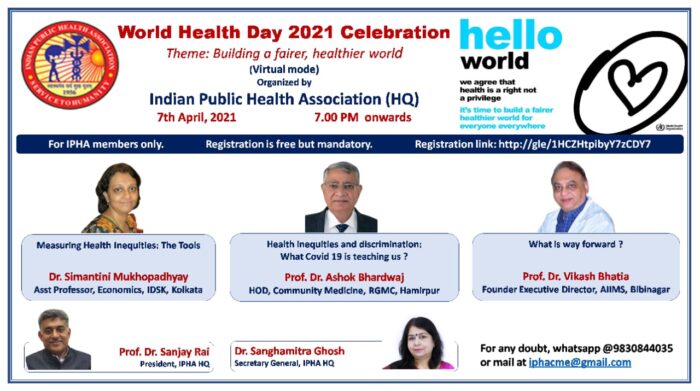Vancouver, Canada – A new study from Simon Fraser University has found that nurse home visiting programs can significantly improve the lives of young, first-time mothers and their children, particularly those experiencing socioeconomic disadvantage. The research, published in BMJ Open, focused on the Nurse-Family Partnership (NFP), a program that provides regular home visits from public health nurses during pregnancy and the child’s first two years of life.
The study, part of the BC Healthy Connections Project, followed 739 pregnant girls and young women in British Columbia, Canada, over six years. Participants in the NFP group experienced positive outcomes, including:
- Increased annual income: Mothers in the NFP group saw an average annual income increase of $1,629.74.
- Reduced intimate partner violence: Fewer mothers in the NFP group reported experiencing intimate partner violence.
- Improved maternal mental health: Mothers in the NFP group exhibited fewer mental health problems.
“These findings are a promising sign that intervening early in pregnancy can significantly improve the lives of mothers and children facing adversity,” says lead author Nicole Catherine, an assistant professor at SFU.
The study highlights the importance of addressing early childhood challenges, such as poverty, intimate partner violence, and maternal mental health, which can have long-lasting negative impacts on child development.
“Early prevention efforts are more effective than providing costly treatment for problems later in life,” emphasizes Catherine. “This study provides crucial evidence to support increased investment in early childhood intervention programs.”
The researchers are now planning to re-engage with the families in the study as their children reach age 11 to further assess the long-term impact of the early interventions.
This research underscores the potential of nurse home visiting programs to improve child health outcomes and address critical social issues like poverty and violence.












